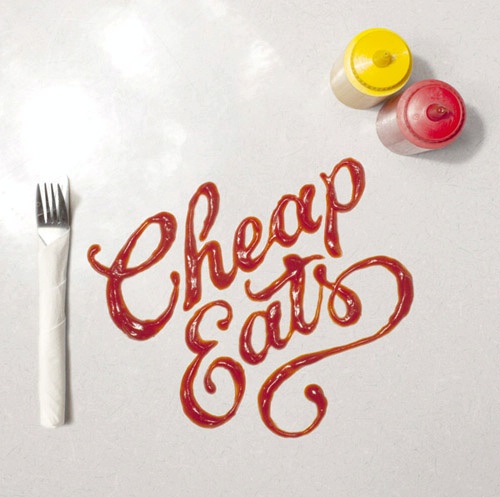Fooducate Blog - Guess What, Food is Too Cheap in America! |
| Guess What, Food is Too Cheap in America! Posted: 15 Jun 2012 05:18 AM PDT New here? Get Fooducated with our iPhone or Android App! Or try Fooducate on the Web! The headline may come as a shock to many, but when we compare the price we pay for groceries today as a percentage of our income vs 30 years ago, it turns out we are paying less, 25 percent less. In 1982, we spent over 12% of our income on food. Now it is less than 9%. Did food become cheaper, or has our income grown? The answer is that food has become much cheaper. Unfortunately it’s mostly unhealthy food. And a larger percentage of our food spend is on this cheap, processed food. In 1982, we spent only 11% of our grocery food dollar on processed foods and sweets. That figure has doubled to 22% today. See this chart (courtesy of NPR and the Bureau of Labor Statistics):
The percentage of spend has gone down substantially, but not because we eat less meat. Simply put, meat prices have dropped by 30% in the last few decades, mostly due to factory farming an economies of scale. Comparing the US to Europe, our food is cheap as well. We spend less than 9% of our income on Food. Spaniards spend 13%. In France – 13%. Italy – 14%. Despite these numbers, we all feel in our pocketbooks that food is too expensive. Especially for those of us who want to buy organic food, or spend more money of fresh fruits and vegetables. How to reconcile what we are feeling and the stats above? The answer may lie in context and expectations. We have been conditioned to expect very low prices for groceries and thus allocate a small portion of our income for it. To allocate more means taking away from other expenditures – dining outside the home, home electronics, vacations, cars, and mortgage. Healthcare too. Some people have framed the issue of healthy groceries as an investment in a healthy future for the family, and are fine with allocating substantially more for their groceries than the average American. But most of us are still not at that point. What do you think? Would you be willing to spend more on food, assuming it really is healthier? Get Fooducated: Follow us on twitter: twitter.com/fooducate on facebook: facebook.com/fooducate |
| You are subscribed to email updates from To stop receiving these emails, you may unsubscribe now. | Email delivery powered by Google |
| Google Inc., 20 West Kinzie, Chicago IL USA 60610 | |




No comments:
Post a Comment